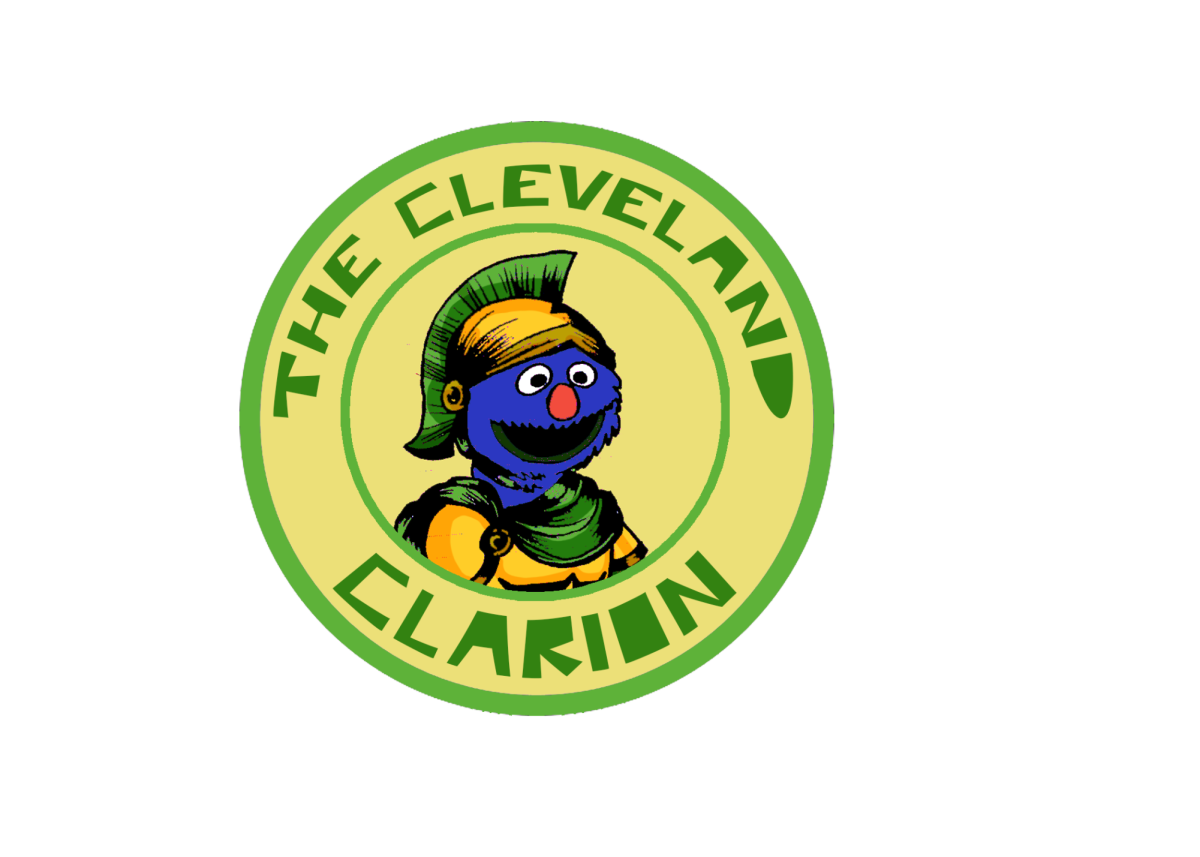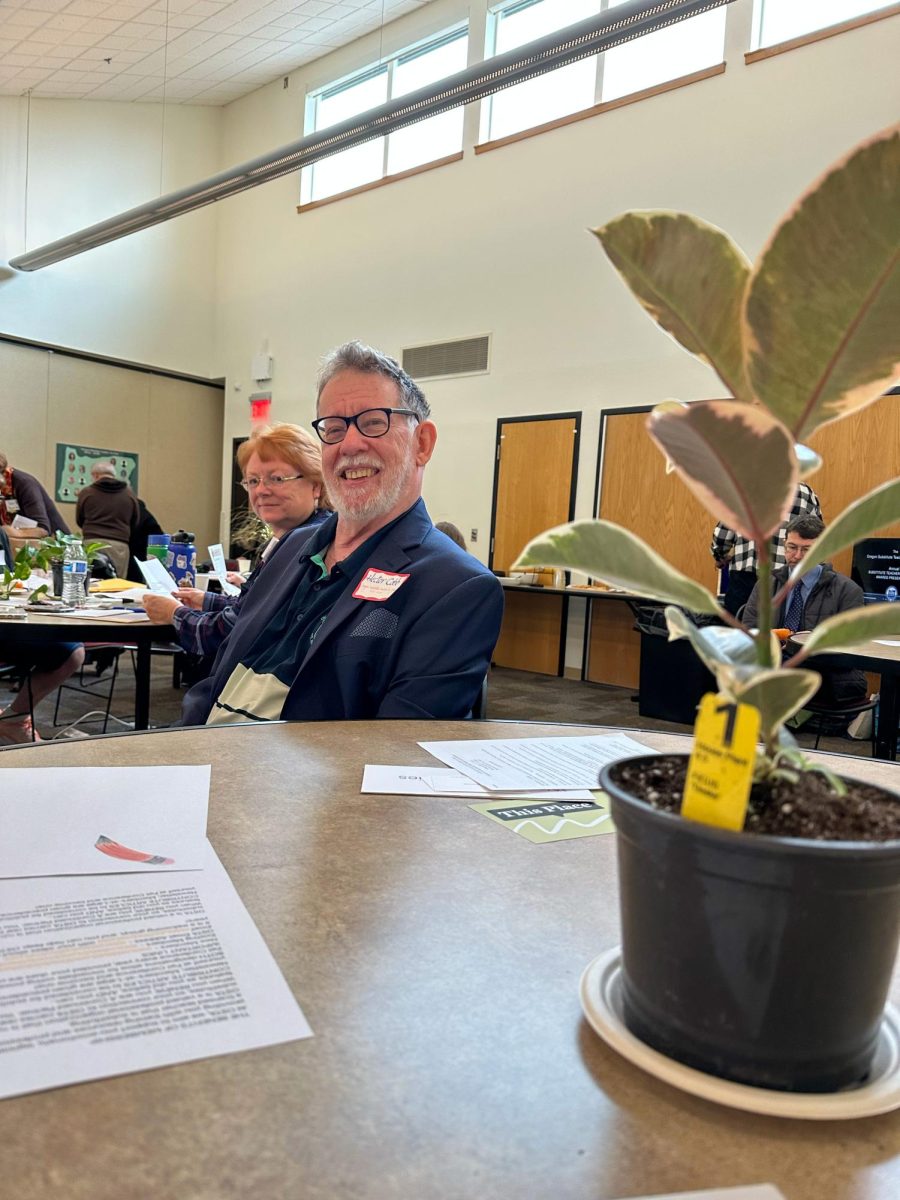CARE: Definitions and Terminology
Clarion photo Picasa
Racial inequities within Cleveland High School. Adam Nayak artwork.
February 19, 2017
Equality– the state of being equal, especially in status, rights, and opportunities
Sameness: promotion of fairness and justice by giving everyone the same thin
Equity– the quality of being fair and impartial
Fairness: people get what is necessary in order to have the same access to the same opportunities
Inequality– a lack of equality or fair treatment in the sharing of wealth or opportunities
Injustice– absence of justice: violation of rights or of the rights of another
Intersectionality– an approach largely advanced by women of color, arguing that classifications such as gender, race, class, and others cannot be examined in isolation from one another; they interact and intersect in individuals’ lives, in society, in social systems, and are mutually constitutive
Justice– the quality of being just, impartial, or fair
Listen– to give all of one’s attention to something you can hear or to a person who is speaking, to understand what is being told and process it with an open mind
Microaggression– everyday verbal, nonverbal, and environmental slights, snubs, or insults, whether intentional or unintentional, which communicate hostile, derogatory, or negative messages to target persons based solely upon their marginalized group. Example: Assuming that all Latinos speak Spanish. No other ethnic group in the United States is expected to be bilingual
Oppression– systemic devaluing, undermining, marginalizing, and disadvantaging of certain social identities in contrast to the privileged norm; when some people are denied something of value, while others have ready access
Prejudice– a pre-judgment or unjustifiable, and usually negative, attitude of one type of individual or groups toward another group and its members
Privilege– unearned social power accorded by the formal and informal institutions of society to ALL members of a dominant group (e.g. white privilege, male privilege, etc.). Privilege is usually invisible to those who have it because we’re taught not to see it, but nevertheless it puts them at an advantage over those who do not have it
Race– any group into which humans can be divided according to their shared physical or genetic characteristics. Race is a social construct without biological meaning created by people in power in order to systematically oppress a group of people to have power and influence over them
Racial Equity– racial equity is the condition that would be achieved if one’s racial identity no longer predicted, in a statistical sense, how one fares. When we use the term, we are thinking about racial equity as one part of racial justice, and thus we also include work to address root causes of inequities not just their manifestation. This includes elimination of policies, practices, attitudes and cultural messages that reinforce differential outcomes by race or fail to eliminate them
Racism– prejudice, discrimination, or antagonism directed against someone of a different race based on the belief that one’s own race is superior
Reparation– the making of amends for a wrong one has done, by paying money to or otherwise helping those who have been wronged
Reverse Racism– reverse racism does not exist. It tries to ignore the fundamental question of who holds more power/privilege between the individuals/groups involved. The myth of reverse racism assumes that racism occurs on a so-called level playing field
Slur– an insinuation or allegation about someone that is likely to insult them or damage their reputation
Passing– someone who is “passed for white“
White Privilege– refers to the unquestioned and unearned set of advantages, entitlements, benefits and choices bestowed on people because they are white. White people embody such privilege do so without being conscious of it
White Supremacy– a person who believes that the white race is inherently superior to other races and that white people should have control over people of other races
These definitions are from Merriam Webster dictionary, New Oxford American Dictionary, Cambridge Dictionary, racialequitytools.org, and mortizlaw.osu.edu.













